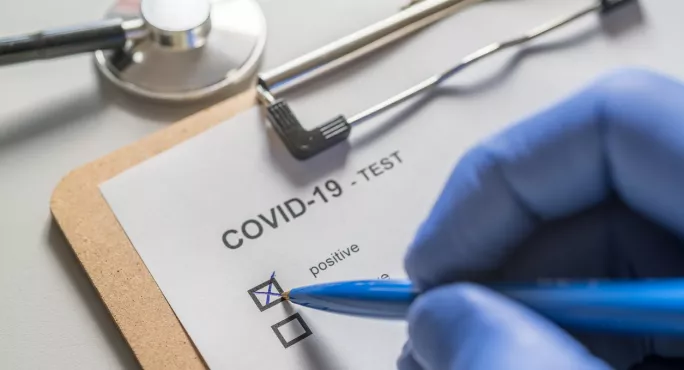There are “substantial” numbers of families who are “very wary” about the Covid-19 testing regime underpinning the wider return of pupils to school, a multi-academy trust boss has warned.
Steve Chalke, founder of Oasis Community Learning, raised questions about the “incentive” for a family on a low wage or a zero-hour contract to partake in home testing when it “might mean they have to isolate for 10 days”.
He said he awaited “more guidance” on the matter.
U-turn: PCR tests to stop false positives grounding pupils
Mass testing: Schools to run Covid test every five and a half mins, DfE suggests
Background: Secondary students to get three Covid tests at school
The government has said secondary pupils should be tested three times on site on their return to school, transitioning to home testing on a twice-weekly basis thereafter.
Families and households with primary and secondary-age children will also have access to free twice-weekly tests.
But speaking on Radio 4‘s World at One programme this afternoon, Mr Chalke warned that “substantial” numbers are “very wary” about the tests.
Asked whether families were accepting of the need for testing as schools reopened to all pupils, Mr Chalke said: “The returns on Friday were low, around about 30 per cent.
“We were hoping very much - we are hoping - that that rises. So I don’t have figures from today and we won’t have our overall figures, of course, until we’ve got all year groups back in at the end of the week. So we’re hoping that the good rumour spreads. We’ll have figures by the end of today.”
But he warned about the “hesitancy of some groups within communities to give consent to the testing”.
“After we’ve done our two weeks of testing in school, of course, once you get to the home testing, we think that there are questions around what incentive does a family, for instance, on a very low wage, zero-hour contract, where the parent has to go out to work every day, what incentive do they have to consent to a test or do a test, which might mean they have to isolate for 10 days,” he said.
“So we think there’s a whole lot of work to be done around that, as we move forward.”
He added: “The main problem still arises, if you’ve got communities, and we work in communities, where there are substantial numbers of families who are very wary about the whole vaccine thing, the whole testing thing - why would they want to go get a test that reveals to them they can’t work for 10 days? So we think there are things to do around that, to help around that. And we await more guidance.”
The DfE has been approached for comment.
